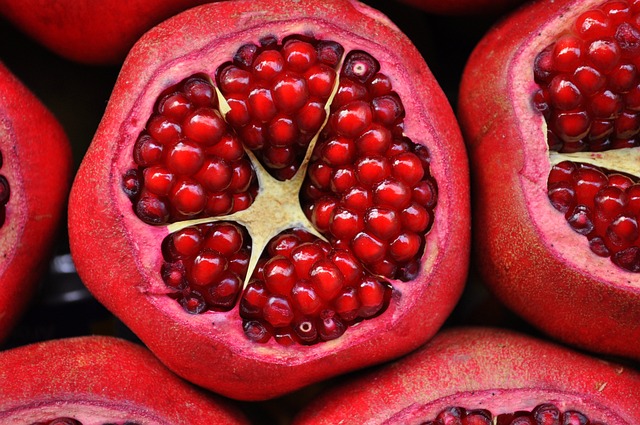The Power of Fermented Foods as a Source of Natural Probiotics
Probiotics have been gaining a lot of attention lately, and for good reason. These tiny organisms can have a big impact on our digestive health, immune system, and even our mood. While probiotic supplements have become popular in recent years, many people are turning to fermented foods as a natural source of probiotics.
What are probiotics?
Probiotics are live microorganisms that can provide health benefits when consumed in adequate amounts. These microorganisms are similar to the beneficial bacteria that naturally live in our gut, and can help support a healthy balance of gut bacteria.
What are fermented foods?
Fermented foods are foods that have been through a process of lacto-fermentation, in which natural bacteria feed on the sugar and starch in the food, creating lactic acid. This process preserves the food, and creates beneficial enzymes, b-vitamins, omega-3 fatty acids, and various strains of probiotics.
What are the benefits of fermented foods?
There are many potential benefits of consuming fermented foods:
- Improved digestion: Fermented foods can help improve digestion by providing beneficial bacteria that can help break down food and absorb nutrients.
- Boosted immune system: Beneficial bacteria found in fermented foods can help support a healthy immune system.
- Reduced inflammation: Some fermented foods contain anti-inflammatory compounds that can help reduce inflammation in the body.
- Improved mental health: There is evidence to suggest that the gut-brain connection can impact mental health, and consuming fermented foods can help support a healthy gut microbiome.
Examples of fermented foods
Here are some examples of fermented foods that can be added to your diet:
- Kombucha: This is a fermented tea that contains many strains of beneficial bacteria and yeasts.
- Sauerkraut: This is a fermented cabbage that is rich in beneficial bacteria.
- Miso: This is a fermented paste made from soybeans and grains that is often used in soups and sauces.
- Kimchi: This is a spicy fermented vegetable dish that is a staple in Korean cuisine.
- Yogurt: This is a common fermented food made from milk and bacteria cultures.
Tips for incorporating fermented foods into your diet
If you’re interested in incorporating more fermented foods into your diet, here are some tips:
- Start slow: If you’re new to fermented foods, start with small amounts and gradually increase as your body adjusts.
- Choose quality: Look for fermented foods that are made with high-quality ingredients and minimal additives.
- Get creative: Experiment with different types of fermented foods and incorporate them into your meals in creative ways.
- Make your own: Fermenting your own foods can be a fun and rewarding way to incorporate beneficial bacteria into your diet.
Conclusion
Fermented foods are a delicious and natural way to incorporate probiotics into your diet. By adding these foods to your meals and snacks, you can improve your gut health, boost your immune system, and support overall health and wellness.







